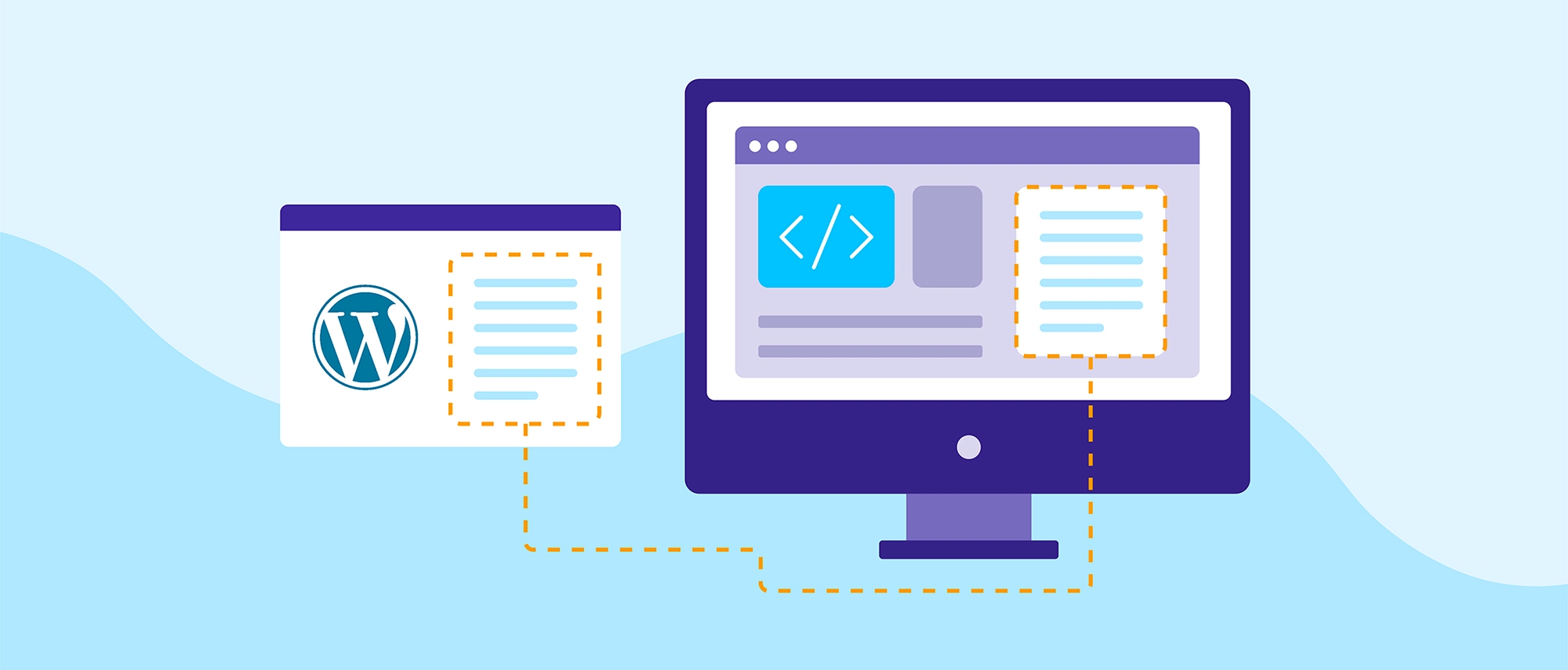You don’t need to be a seasoned digital marketer to have heard about Google Quality Scores. Whether you’re a small business owner or the COO of a large, international conglomerate, you should be familiar with what a Google Quality Score is. That’s because it can have a significant impact on your bottom line in two contexts – how much you spend on online ads and the ROI correlated to your paid advertising expenses.
What Factors Determine Your Quality Score?
According to Google, “Quality Score is intended to give you a general sense of the quality of your ads.” In other words, your Quality Score gives you a general sense of the quality of the ads you run on Google and the landing pages where people end up as the result of clicking on your PPC advertisements.
Also referred to as your AdWords Score, your Quality Score is expressed as a number that’s equal to or between one and 10, with one being the lowest and 10 being the highest possible score. The higher your Quality Score is, the more relevant and useful Google thinks your PPC ad and the related landing page are to people who view your ad.
Three primary factors determine your Quality Score, expected click-through rate, ad relevance, and landing page experience. Only Google insiders know the exact weight each factor has in determining your AdWords Score. Although that’s the case, it’s fairly common knowledge that your click-through rate is the leading factor that will influence your score.
Why Does Your Google Quality Score Matter?
If you engage in PPC advertising or ever plan to in the future, it’s crucial for you to be mindful of your AdWords Quality Score. That’s because your Quality Score will determine what position a given one of your ads holds in Google’s paid search results.
Your ad’s position in paid search results isn’t the only thing that’s influenced by your Quality Score. Your Quality Score also has a direct impact on your cost per click and your cost per conversion. As you probably guessed, your cost per click will be lower the higher your Google Quality Score is. Similarly, your cost per conversion will also be lower when your Quality Score is higher although this cost will still be higher than your cost per click because not everyone who ends up on your landing page will ultimately convert.
Remember – Google attempts to provide users with results that best match their needs as they’re expressed in search. Your Quality Score is an estimate of how well your ads and landing pages satisfy those needs. With that in mind, it’s only natural that Google rewards sites with high Quality Scores with lower per click fees.
It’s worth noting that your Quality Score does not determine Ad Rank at the time of auction. Instead, your AdWords Score is an aggregate indicator of your cumulative performance in auctions.
Quality Score Values
While your Google Quality Score is expressed as one number, it actually encompasses four values, including Quality Score, landing page experience, ad relevance and expected click-through rate. You can add those four individual values to your keyword reports or you can view them when you hover over the speech bubble that looks like it should be filled with words “spoken” by a cartoon character.
Quality Score
As we explained earlier, your quality score is an indication of how relevant your ads, keywords and landing pages are to someone who views your PPC advertisements. As you improve your AdWords Quality Score, your PPC costs will typically go down and your position in Google’s paid search results will likely improve.
Landing Page Experience
Landing page experience is a measure of how relevant your landing page is to people who navigate to it by clicking your PPC ad. Several things influence this rating, including how well the content on the page aligns with the search term a person used and how user-friendly your landing page is in terms of navigation.
Expected Click-Through Rate
This metric is based on how well your previous ads have performed in the context of getting people to click-through. Your expected click-through rate is basically an estimate of the likelihood that people will click your PPC ad when they see it.
When determining your estimated click-through rate, Google doesn’t consider certain things you might expect. The search giant doesn’t factor in the effect of ad position, for example. Google also ignores extensions and other things that can influence an advertisement’s visibility.
Ad Relevance
To call this metric “ad relevance” is a bit misleading for people who aren’t familiar with AdWords. That’s because this figure isn’t an estimate of your ad’s overall relevance. Instead, it’s an expression of how closely your keywords align with the intent of or message delivered by your advertisement.
If your ad relevance measure is low, it may be a sign that your PPC ads are too broadly-based or that they’re too narrowly focused. It might also be an indication that the keywords you used aren’t related to your business or industry.
How to Improve Your Quality Score
With your Quality Score being so important, it’s vital that you do everything you can to improve your score if it’s not already a 10. While that may sound simple enough, it’s not exactly actionable advice for driving your AdWords Score further north.
Here are some useful tips that can help you improve your Quality Score:
- Work with knowledgeable experts: Unless you’ve mastered AdWords, we suggest you let the experts at our Atlanta, GA digital marketing agency handle your PPC advertising. Our team knows all the ins and outs to advertise on Google and Bing and we’ll improve and maintain your Quality Score for you.
- Organize your keywords: If you want to improve your Quality Score on your own, start by organizing your keywords into logical groups you can tie to separate advertising campaigns.
- Make your ad copy more effective: By making your ad copy more effective, your ads will have a higher click-through rate, which can help increase your Quality Score.
While you may be tempted to go it alone, there’s no reason to when we’re standing by to help you get the most out of your PPC ad campaigns. Contact Double Up Digital to learn more now!






